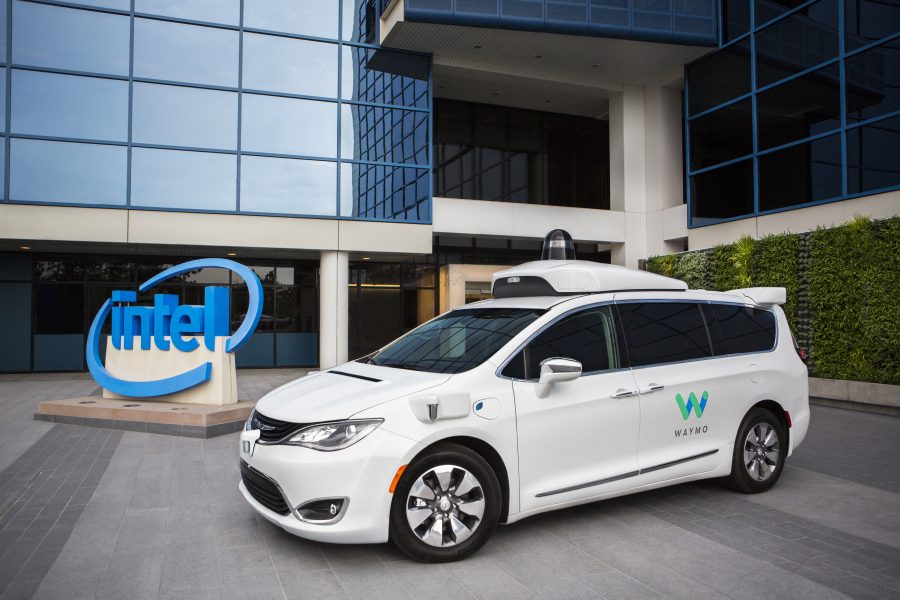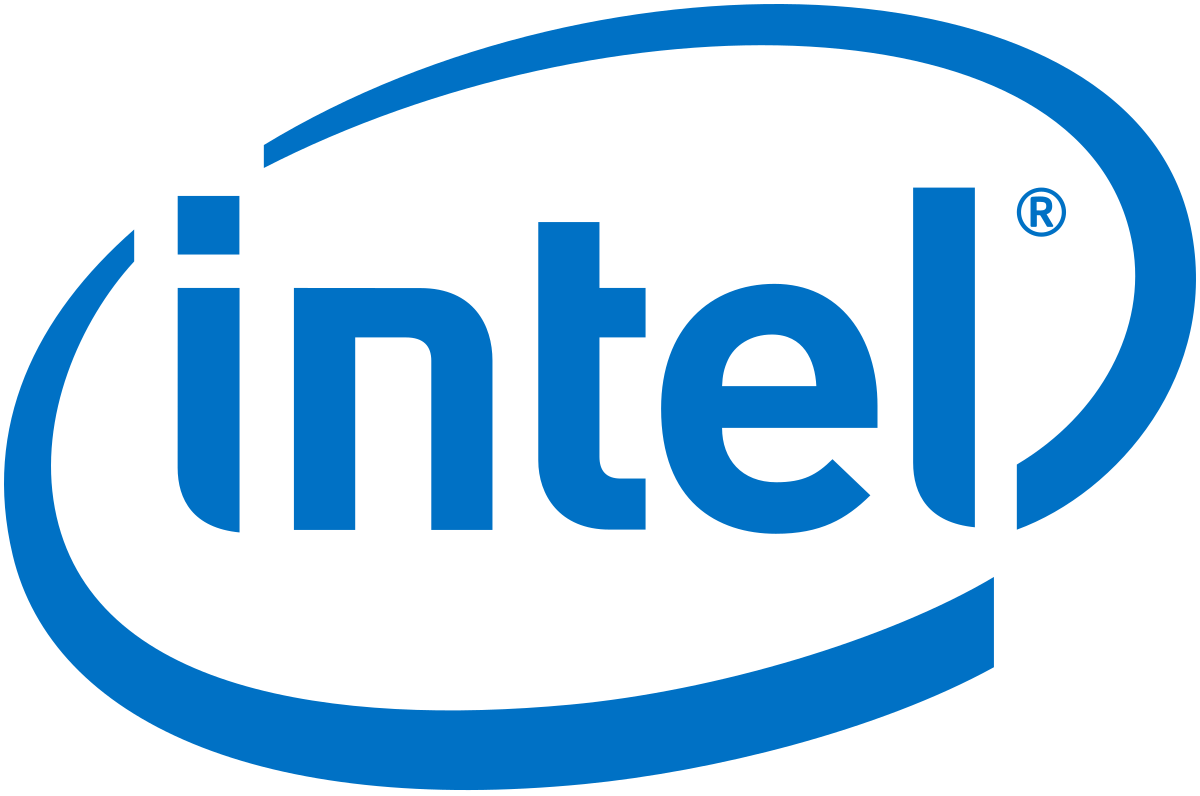Dexterity Robotics
Senior Machine Learning Engineer
June 2022 -
Present
I’m currently a Senior Machine Learning Engineer at Dexterity, a robotics startup that’s raised $200M+ at a $1.4B valuation from Kleiner Perkins and Lightspeed Ventures. We’re developing advanced robotics to automate warehouse tasks for companies like UPS and FedEx. I’m the perception machine learning lead, developing the core algorithms that enable Dexterity’s robots to see and navigate their environments. I’ve focused primarily on instance segmentation models and their surrounding infrastructure. I’ve trained over 30 iterations of models and deployed them to production on Dexterity’s robots. I’ve also built most of the infrastructure that supports Dexterity’s machine learning systems, including model training, evaluation, and deployment.

Intel Corporation
Senior Functional Safety Systems Engineer - Autonomous Driving Group
July 2017 -
August 2019
I worked on making Intel’s server platforms reliable enough for use in autonomous vehicles. I joined Intel’s Autonomous Driving Group as the most junior engineer by eight years, and was promoted to senior engineer within a year—on par with a new Ph.D. graduate despite holding only a B.S. I led research on Linux as a potentially safety-critical OS, analyzing failure risks and writing kernel modules in C for mitigation. I also owned software safety requirements for Intel’s first autonomous driving platform, developing a deep understanding of our complex hardware and software systems. As the Functional Safety technical lead, I led a team on a key component of the Xeon autonomous driving platform and introduced a new methodology that reduced requirements by 30-50%, streamlining work across teams.

Intel Corporation
Software Engineer Intern
May 2016 -
August 2016
I was a software engineering summer intern for Intel’s Content Protection Group. My team specifically was tasked at managing the security of Intel’s graphics drivers such that any graphical content played on an Intel processor was protected from corruption or theft.
I spent the summer writing C++ to mitigate the issue of privillege escalation in the kernel mode driver. I finished the project early, so I was also assigned to develop a test suite for some of the driver code. I also finished the test suite, which achieved greater than 90% code coverage. I finished the summer by writing detailed documentation on the new code, so I could cleanly hand off my work before returning back to school!
